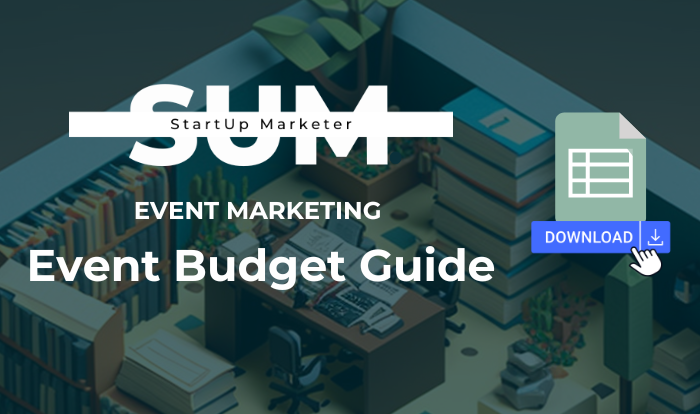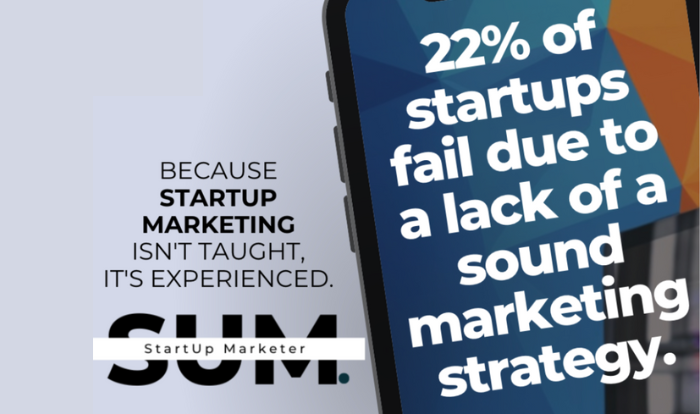A fundamental aspect of event planning is creating an effective event budget. Whether it’s a corporate conference, tradeshow, fundraising gala, or community festival, a well-thought-out budget ensures that resources are allocated wisely, and you don’t overspend.
Here’s a comprehensive guide on how to build an event budget, along with strategies to reduce costs without sacrificing quality.
Key Steps to Build an Effective Event Budget:
- Set an Overall Budget: Determine the maximum amount you can or want to spend on the event. Review past event budgets if available to set a realistic benchmark.
- Break Down the Costs: Make a detailed list of all potential expenses, categorizing them as fixed costs (overhead) or variable costs (event-specific).
- Account for Contingencies: Set aside 10-15% of the total budget as a contingency fund to cover any unexpected costs that may arise.
- Track and Adjust the Budget: Use budgeting tools or software to monitor actual costs against the planned budget, and make adjustments as needed as you get more accurate quotes.
- Prioritize Expenditures: Identify the non-negotiable event elements and those that can be adjusted if needed, to guide your budgetary decisions.
- Get Multiple Quotes: Reach out to multiple vendors for major expense items to ensure you’re not overpaying and negotiate better rates.
- Factor in Revenue: Estimate potential revenue streams like ticket sales, sponsorships, and merchandise to get a clearer picture of the net budget.
- Review Contracts Carefully: Thoroughly read through vendor and venue contracts to understand any deposit requirements, cancellation policies, or other terms that may impact the budget.
Strategies for Stretching Your Event Budget:
- Negotiate with Venues and Suppliers: Get multiple quotes and negotiate for better deals. Consider off-peak rates and flexible event dates.
- Optimize Event Elements: Reduce unnecessary expenses like printed materials and swag bags. Simplify catering menus and portion sizes. Maximize the use of high-profile speakers to minimize additional costs.
- Leverage Technology and Automation: Automate tasks like badge printing to save time and money.
- Start Planning Early: Book venues, vendors, and speakers in advance for better rates.
Building an event budget requires careful consideration and planning. By following the key steps outlined above and implementing cost-cutting strategies, organizers can effectively manage expenses while ensuring a successful and memorable event experience.
In the realm of startup marketing, sending generic campaigns is a perilous misstep. The solution? Segmentation strategies. Dive into our Read more
Turn your startup’s marketing organization into an impact driver with these three elements detailed on The StartUp Marketer blog.
Learn how startup marketers can perfect the art and science of prioritization in this StartUp Marketer blog post.
Startup success requires understanding marketing’s fundamentals, like taking a customer-centric approach. Learn more on The StartUp Marketer blog.






